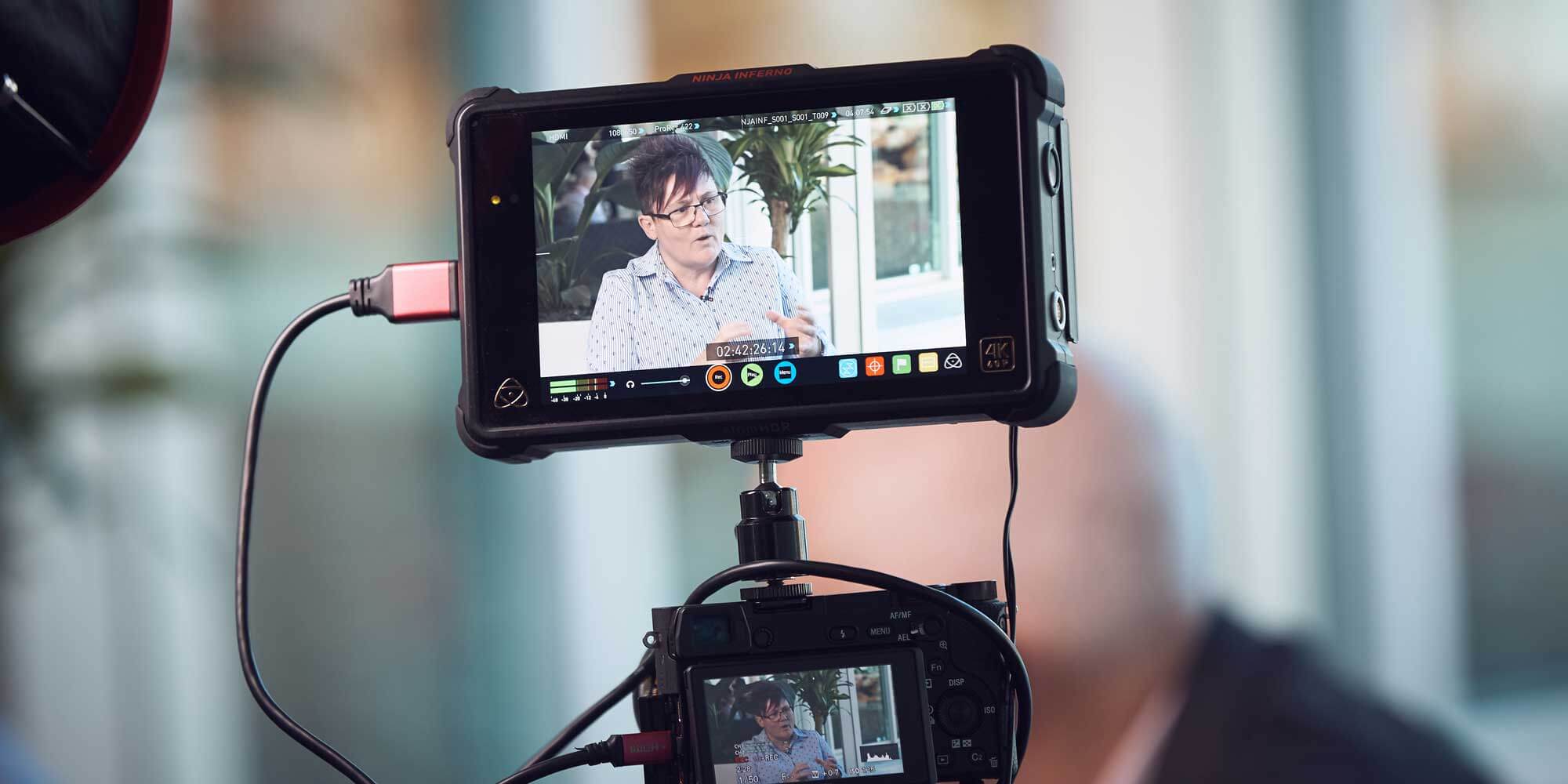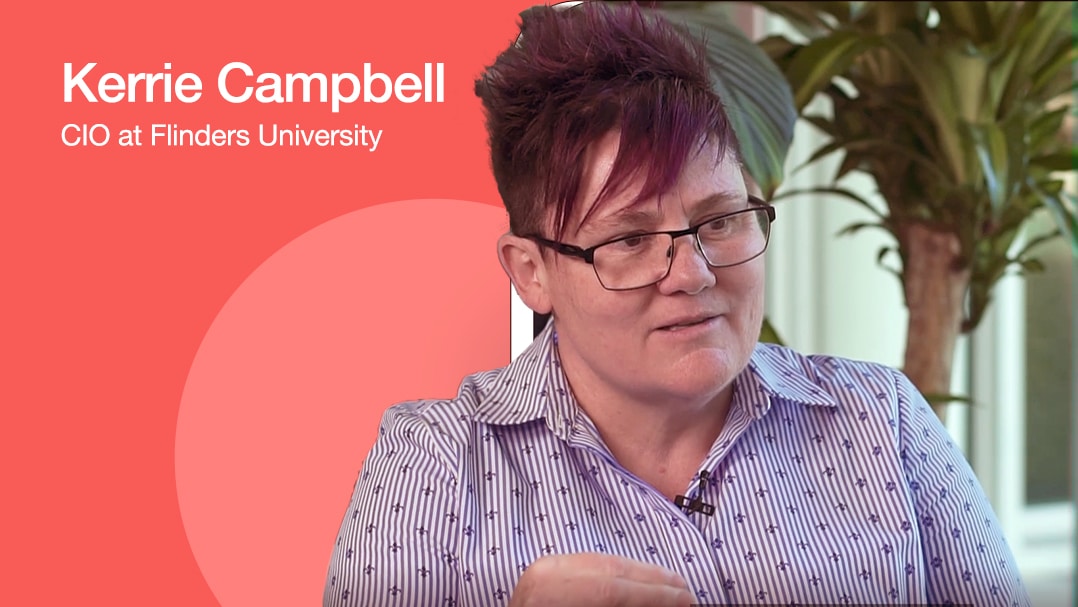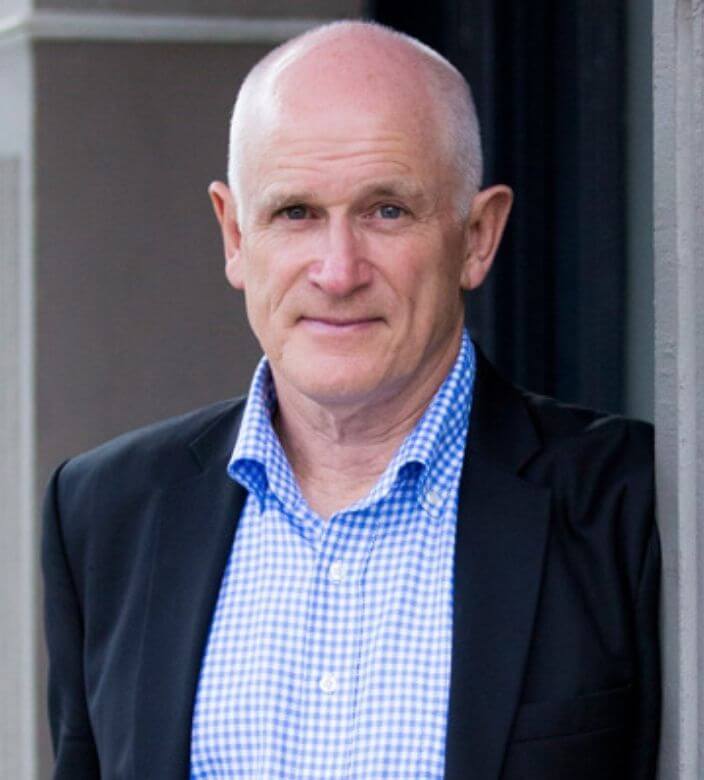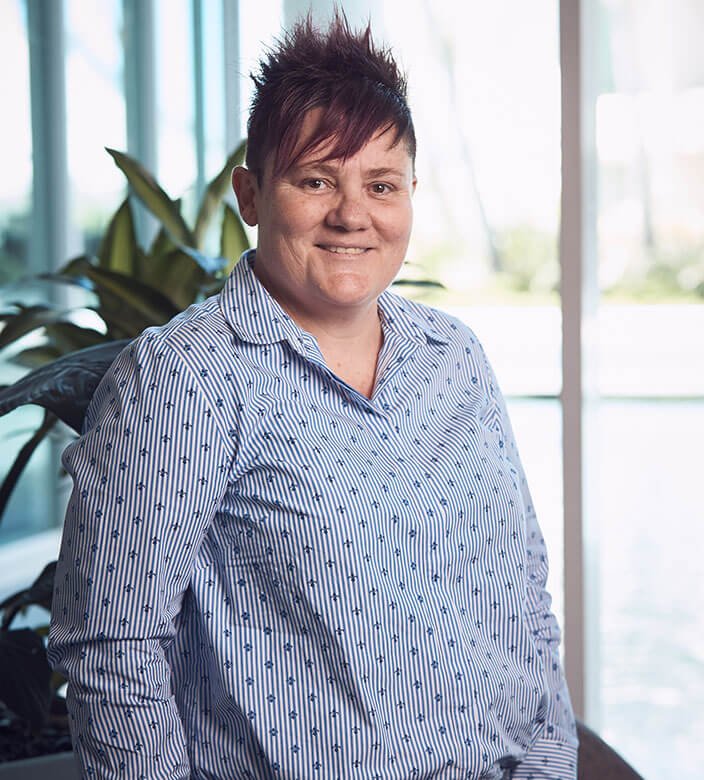Kerrie Campbell is CIO at Flinders University in South Australia, grappling with the unique challenges of providing IT to a diverse educational institution with many different types of user. At ADAPT’s Digital Edge, she speaks with ADAPT Senior Analyst Peter Hind about how she does this.
Peter Hind:
Kerrie, you told the audience that you work in the second oldest profession on the planet – education. And yet education is an industry that can see enormous disruption on the horizon. You can see the loss of foreign students to Australian universities and the revenue that they bring, you can see the potential of YouTube as a way of delivering a lecture rather than in a lecture theatre, you can see the concept of micro courses where people just get spasmodic content and are educated for what they needed a particular time.
How do you chart a future for your stakeholders when they can see that disruption on their horizons, but at the same time they need to deal with the day to day issues?
Kerrie Campbell:
Absolutely. It’s a bit like a CIO who’s into keeping the lights on versus innovation and empowering for us. You have to have that vision of the future. Blockchain could be incredibly disruptive for the education industry, but no one can see it coming, because no one can see a use case for it. But it’s about putting all those things that are coming on the horizon just in time. Learning blockchain, micro credentialing in people’s vision over time. You’ve got to keep keeping it in the front of the window, rather than looking behind. We’re teaching in all the ways.
We used to stand up in front of the class and deliver a whole pile of learning. Now, rote learning doesn’t exist anymore. Our students are coming very ticked up, they’re coming out with so much information already in their pockets.
We have to start teaching our students from a very young age about critical thinking and how to define what is good information and what is poor information.”
As a technologist trying to keep that in people’s forefront is quite challenging.
Peter Hind:
You’ve got an enormously diverse group of people. You’ve got the millennial students who are just digitally savvy, and you’ve got the people who are so-called knowledge workers at a university, the lecturers and the professors who’ve got this sort of sense of academic freedom and ‘Don’t tell me what to do.’ How do you influence such a diverse group?

Kerrie Campbell:
Plus throw in the fact that we’ve got researchers there, who are going to ask questions. That really puts us on our toes all the time. So for us, it is winning over those academics that are the runners and bastions of new ways of learning and is power is really gone. You know, the passing of knowledge, and getting people to feedback is the most powerful thing they can do nowadays.
It’s not really telling them that they’re obsolete. It’s telling them that they need to change and transform in different ways and bring their learning into a different sector, and into a different way of thinking. Our students are ticked up from primary school. Parents get to see what the students are learning, they come into higher education and that completely stops. The kids ask why is this? Why can’t we communicate? Why can’t we collaborate? Why can’t we do this?
Peter Hind:
So it’s about bringing that value to those academics, so that can see it will really transform the way they teach, as long as it’s evidence-based.
Kerrie Campbell:
The way forward is integrated learning. Students don’t want to be in prison for three years anymore at universities and be given a certificate and then patted on the back and told ‘Good luck!’ They want to have a working, integrated learning. They want to work with researchers who are working on real-world problems and go through that process with them to understand how they’re doing it, so they can do it themselves.
 WATCH
04:01
WATCH
04:01






























